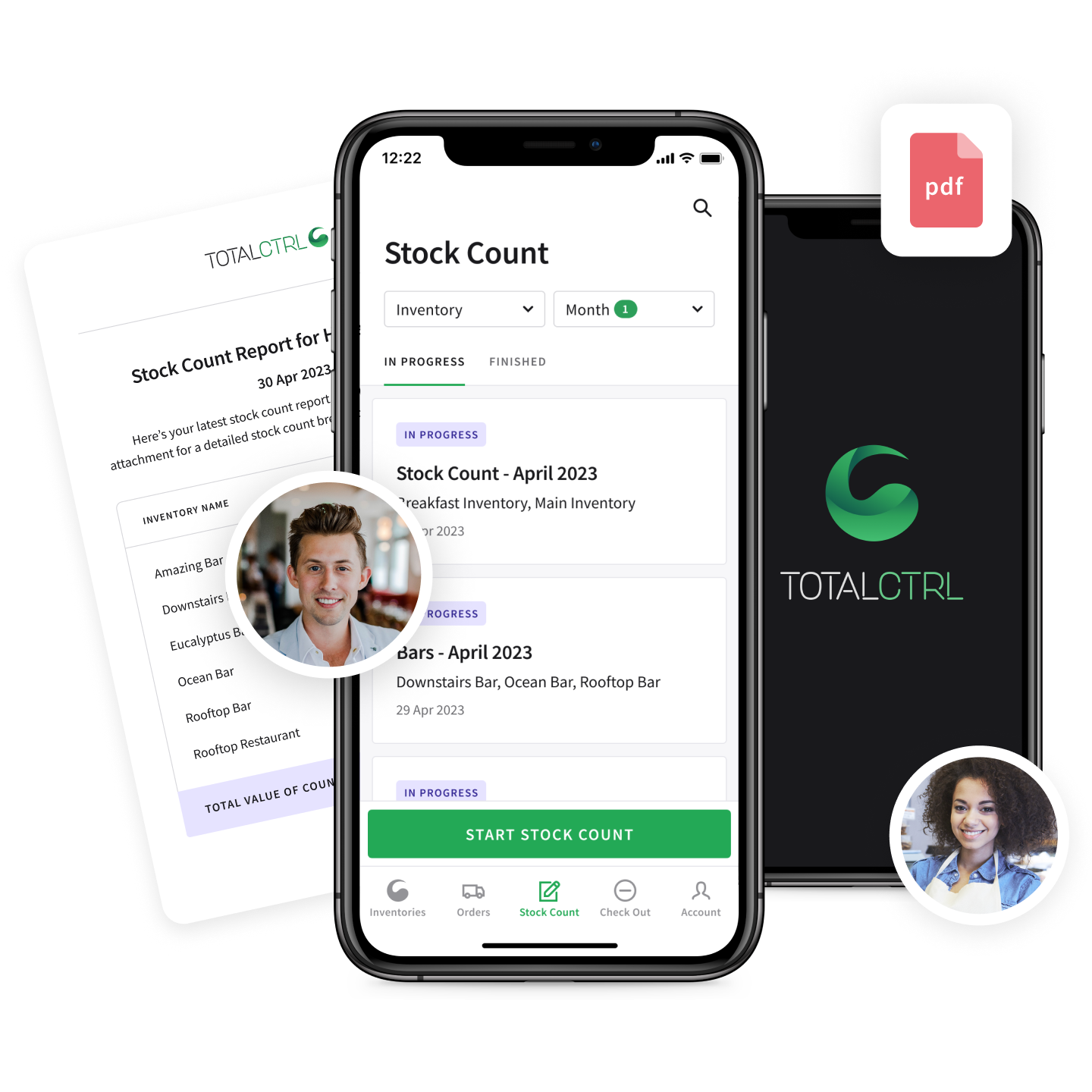Operating a roadside catering service comes with a unique set of logistical, legal, and environmental challenges—none more pressing than interactions with police and county officers. For many food vendors and caterers working from trucks, stalls, tents, or temporary roadside setups, navigating the legal landscape can either make or break the business. It’s not uncommon for even seasoned professionals to find themselves dealing with unexpected inspections, fines, or shutdowns simply because they overlooked a regulation or misunderstood local laws.
In this blog, we’ll dive deep into how and why such encounters happen, the most common causes, and—most importantly—what catering businesses can do to prevent conflicts with local authorities. Whether you’re operating in Nairobi, Lagos, New York, London, or Mumbai, these lessons are global and essential.
Why Do Police or County Officers Show Up?
It’s important to remember that police and county officers don’t just show up randomly. There are typical reasons you might find them at your catering site:
-
Complaints from the Public or Businesses Nearby:
If someone reports you for blocking traffic, creating noise, or operating without permission, authorities are obligated to investigate. -
Routine Inspections:
Health officers, county licensing teams, and local police often conduct random spot-checks to ensure businesses are operating legally and safely. -
Lack of Proper Licensing or Documentation:
Operating without visible licenses, expired permits, or the wrong type of documentation can result in immediate closure or fines. -
Zoning or Safety Violations:
If your stall is too close to a school, obstructing sidewalks, or set up in a no-trading zone, expect a visit. -
Security or Public Order Concerns:
Large crowds, music, or congestion around your spot could trigger intervention from the police, especially in cities with tight public management controls.
Common Issues Roadside Caterers Face with Authorities
-
Unlicensed Trading
This is the most frequent problem. Many caterers either underestimate the importance of business permits or assume a one-size-fits-all license is enough. However, counties often require:-
A general business license
-
A food handler’s permit
-
A temporary or mobile food vendor license
-
Site-specific or event-specific approvals
-
-
Failure to Display Documents
Even if you have all your paperwork in order, if it’s not visible or easily accessible, an officer may assume you’re non-compliant. -
Improper Waste Management
Leaving behind trash, food waste, or disposable plates often triggers complaints from local residents or businesses, leading to fines or bans. -
Health Code Violations
Not having handwashing stations, improper food storage, or serving spoiled food can invite immediate intervention from health departments. -
Obstruction and Congestion
Roadside setups that spill into walkways or roads are seen as safety hazards. Even if you're popular, an obstructed public path may lead to forced closure.
How to Prevent These Issues
1. Understand Local Laws—Deeply
Every region, city, or town may have different rules. Don’t just assume yesterday’s permit will work tomorrow. Go the extra mile to learn:
-
Where mobile food businesses are allowed
-
What times you’re allowed to operate
-
Requirements for water, waste disposal, and hygiene
2. Get the Right Permits and Keep Them Visible
Have a clearly printed copy of:
-
Your county business permit
-
Your food safety certificates
-
Health inspection reports (if applicable)
-
Special event authorization (for temporary or event-based setups)
You don’t want to waste time explaining to a county officer that you “have it somewhere.” Transparency builds credibility.
3. Register with the County or Local Authority
In some areas, you can register your business in advance to avoid being seen as an unlicensed vendor. Some cities even provide preferred vending zones or food truck parks where you’ll face less scrutiny.
4. Engage with Authorities Proactively
It may feel intimidating, but proactively reaching out to local officers or health departments can save you hassle later. Let them know:
-
Where you intend to set up
-
How often you'll be operating
-
What safety and hygiene standards you follow
In many cases, this goodwill gesture makes you an ally, not a suspect.
5. Keep Your Setup Professional
Presentation matters. A clean, organized, well-branded stall gives an impression of compliance and care. This not only attracts customers but reassures officials that you're serious and professional.
6. Train Your Staff
Make sure anyone working with you knows how to respond respectfully if approached by a county officer or police. They should:
-
Know where documents are kept
-
Avoid arguments or emotional reactions
-
Be aware of rules around food handling and customer service
How to Handle an Inspection or Intervention
If authorities arrive on-site:
-
Stay calm and respectful
Aggression or resistance never ends well. Welcome the officers politely and ask how you can assist. -
Produce documents quickly
Nothing gives peace of mind faster than a clean, clear permit folder. -
Take notes if cited
If you receive a fine or warning, write everything down. Ask for clarification. It helps you fix the issue and protect your business. -
Appeal respectfully if wronged
Mistakes happen. If you feel you've been treated unfairly, follow the right appeal process through your city or county.
Real-World Examples
-
In Nairobi, many food vendors face KRA or city council interference not because they lack documents, but because they’re in a restricted zone near public buildings or offices.
-
In Los Angeles, mobile food trucks are allowed only in certain neighborhoods and must rotate locations regularly. Staying too long in one place triggers police action.
-
In Lagos, food vendors in public markets are often shut down during sanitation days if they forget to close shop on the mandated days.
In all cases, knowledge, preparation, and calm engagement are what separate successful roadside caterers from those who constantly battle with enforcement.
Conclusion: Compliance is a Business Asset
Catering is more than just delicious food and presentation. The regulatory side of your business can make or break your reputation and profitability. Rather than seeing police and county officers as the enemy, see them as accountability partners. When you respect the law, it respects you back.
Invest in proper documentation, keep your standards high, and always be ready for inspection. It’s not just about avoiding trouble—it’s about building a sustainable, trusted catering brand that can thrive anywhere.


















0 comments:
Post a Comment
We value your voice! Drop a comment to share your thoughts, ask a question, or start a meaningful discussion. Be kind, be respectful, and let’s chat!